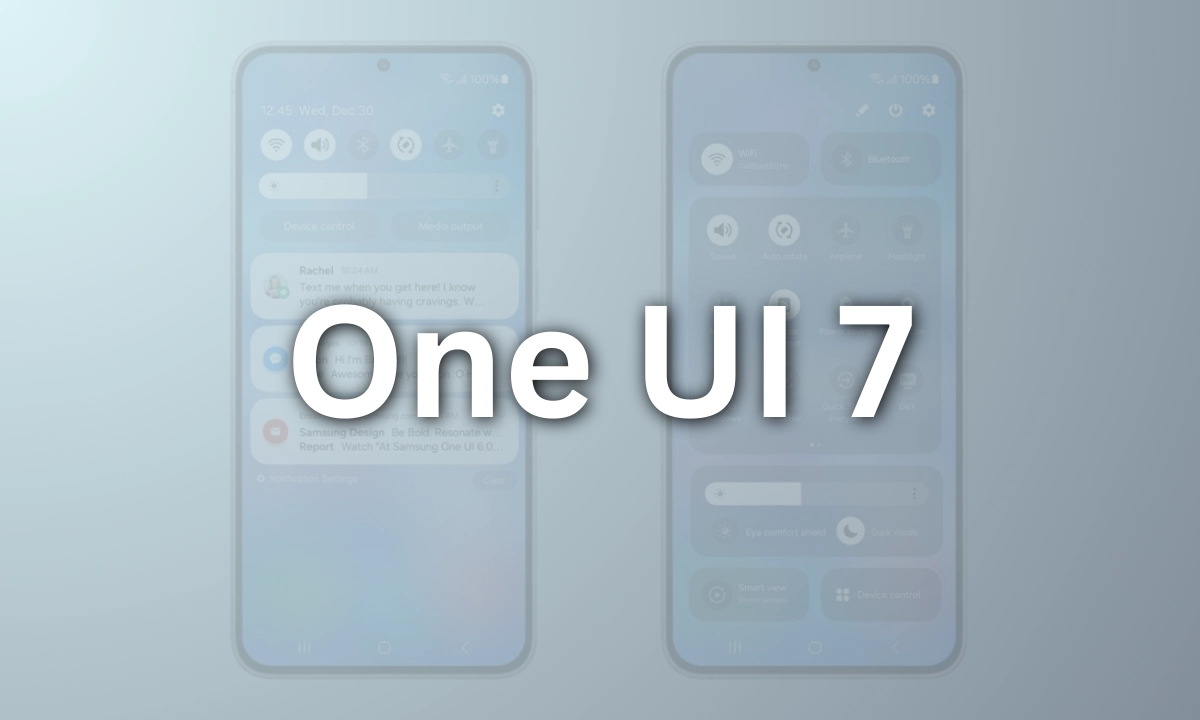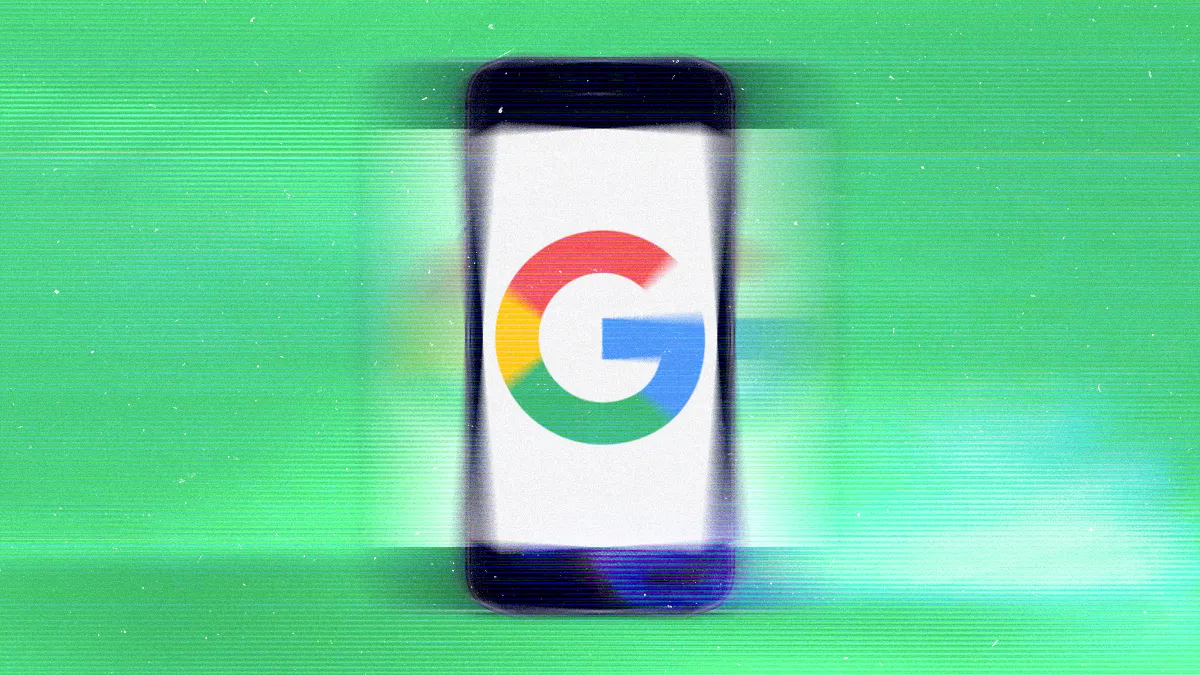The Pixel 9 Pro, Google’s latest flagship smartphone, has garnered a lot of attention for its innovative features, especially its AI-only RAM. However, early adopters and tech enthusiasts have raised concerns about this new technology. The real problem lies not in the AI-only RAM itself, but in the implications it has for user control and data privacy.
The core concern surrounding the Pixel 9 Pro’s AI-only RAM is that it operates as a “black box,” with users having limited visibility and control over its functions. The AI algorithms running in this dedicated RAM space can potentially access and process user data without explicit consent. This raises significant questions about data privacy and the potential for misuse of personal information.
The Real Problem: User Control and Data Privacy
- The “Black Box” Problem
The AI-only RAM operates in the background, making decisions and performing tasks without the user’s explicit knowledge or control. This lack of transparency raises concerns about how user data is being used and whether it’s being handled responsibly.
- Personal Experiences: Several users have reported instances where the AI-only RAM seemed to be making decisions that impacted their phone’s performance without their input. For example, some users noticed that certain apps were being prioritized or closed unexpectedly, potentially due to the AI algorithms running in the background.
- Data Privacy Concerns
The AI-only RAM’s access to user data raises serious privacy concerns. There’s a lack of clarity about what data is being collected, how it’s being used, and whether it’s being shared with third parties.
- User Concerns: Many users are worried that their sensitive information, such as contacts, messages, and browsing history, could be accessed and processed by the AI algorithms without their knowledge or consent.
- The Potential for Misuse
The lack of transparency and control over the AI-only RAM opens the door for potential misuse. There’s a risk that the AI algorithms could be used to profile users, target them with personalized advertising, or even manipulate their behavior.
- Expert Opinions: Several tech experts and privacy advocates have expressed concerns about the potential for misuse of the AI-only RAM. They argue that Google needs to be more transparent about how this technology works and what safeguards are in place to protect user data.
- The Illusion of Choice
While Google claims that the AI-only RAM enhances the user experience, it also limits user choice and control. Users cannot opt out of this feature or control how their data is used by the AI algorithms.
- User Frustration: Many users feel frustrated by the lack of control they have over the AI-only RAM. They want the ability to decide whether or not to use this feature and how their data is handled.
- The Need for Transparency and Control
The real problem with the Pixel 9 Pro’s AI-only RAM is the lack of transparency and user control. Google needs to provide more information about how this technology works, what data it collects, and how it’s being used. Users should have the ability to opt out of this feature and control how their data is handled.
The Way Forward: Striking a Balance
While the AI-only RAM presents challenges, it also offers significant potential benefits. AI can enhance the user experience by providing personalized recommendations, automating tasks, and improving device performance. However, it’s crucial to strike a balance between innovation and user control.
- Transparency: Google needs to be more transparent about how the AI-only RAM works and what data it collects. Users should have access to clear and concise information about this technology.
- User Control: Users should have the ability to opt out of the AI-only RAM feature if they choose. They should also have control over how their data is used by the AI algorithms.
- Data Privacy: Google needs to implement robust data privacy safeguards to ensure that user data is protected and not misused.
- Clear Communication: Google should clearly communicate the benefits and potential risks of the AI-only RAM to users. This will help users make informed decisions about whether or not to use this feature.The Pixel 9 Pro’s AI-only RAM highlights the growing tension between technological innovation and user control. While AI has the potential to revolutionize the smartphone experience, it’s essential to ensure that it’s implemented in a way that respects user privacy and empowers users to make informed choices about their data. Google has an opportunity to lead the way by prioritizing transparency, user control, and data privacy in its AI initiatives.








